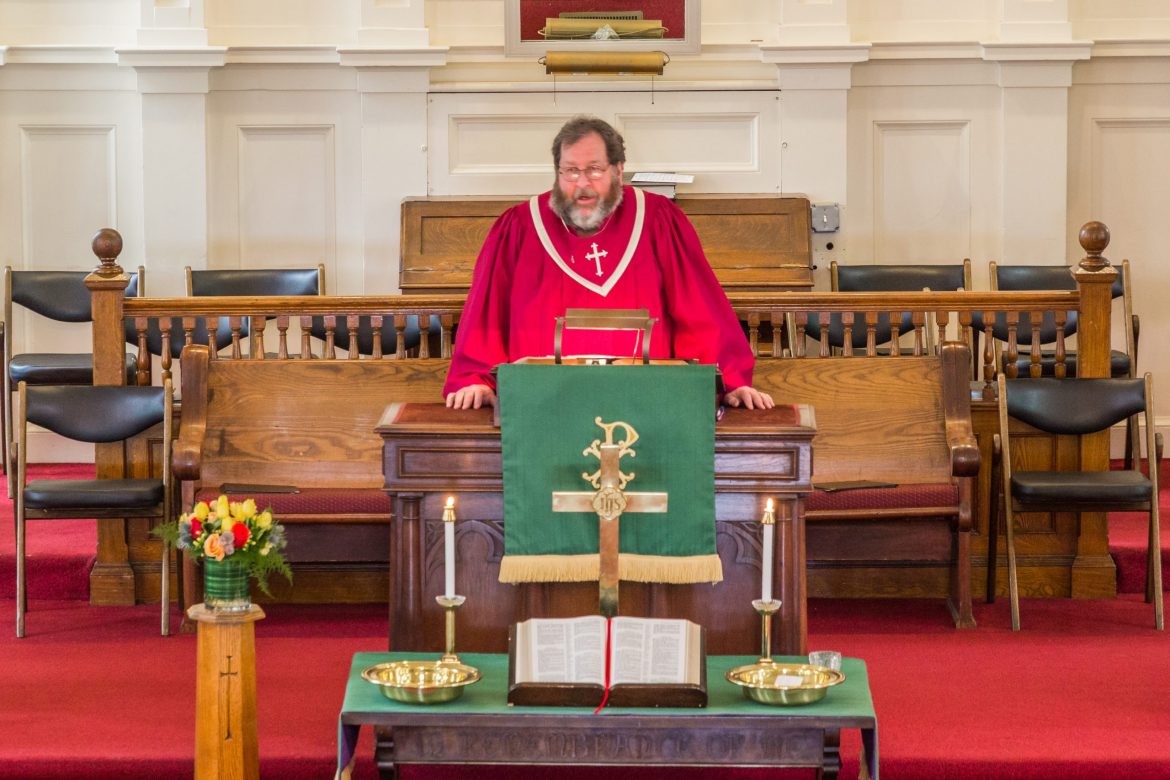Long-time fans of this site (ha) know that a surprising number of posts have dealt with my interest in becoming more “present”, “all-in”, “there”. It’s something that does not come at all naturally to someone who suffers from an “American share of 21st century stress“, but I am at least aware enough to know it’s worthy of my efforts heretofore. I’m doing well. My personal reflections of late have, for a variety of reasons, advanced to a new level, that of appreciation.
Anything can be a blessing.
A part of that 21st century stress means that with so many things coming at us from many directions throughout a day, it becomes too easy to live life as a constant barrage of drudgery. I’ve previously written about wondering “what comes next” overtaking “what’s happening now” in my (and, dare I suspect, your) mind.
I’m a realist enough to know that Walden is not in the cards for very many of us today, absolutely including me. I like nearly everything in my life, whether it be job #1, job #2, family, hobbies, friends. I wouldn’t dare throw all that away as a manufactured way of avoiding the chimes and buzzers inherent in my daily life.
The danger is allowing those chimes (which may signify a text message from my wife, “She wrote to me!”) and buzzers (a reminder, perhaps, to take delicious brownies from the oven) to cause us to shrug our shoulders and curse the world a bit, as when someone writes something completely benign on social media, followed by #FML. Those chimes and buzzers can be frustrations or blessings, to be sure. It’s just a matter of management.
A few days back I drove home, giddy almost. I drive home every day of my life, but sometimes that routine becomes– well, routine. What made that day different? Not a lot. The previous week I’d been avoiding life in Orlando. It had rained torrentially lately (my favorite). The previous work week I’d been riding the bus home. That afternoon, I’d fixed my car’s air conditioner. Things were just enough unroutine as to allow me to see how much I valued things like owning a car, having a place to drive it, having someone to go home to tell about my chilled ride.
And on one of these days, I happened upon a blog post written by a good friend at my church. He has recently lost a daughter, and the family has been struggling with how to communicate about the loss. In the post, he discussed his daughters exuberance over things we all take for granted, like mashed potatoes, a familiar television episode, a hug from a loved one. She knew the concept of “all-in”.
With young Jessie as my guide, I’d been trying to explore the concept of fully appreciating just about anything I could. Interestingly enough, I had taken on this same challenge as my take-away from her memorial service about a year and a half ago. If I like this song, why not really like this song? If I plan to take the time to sit on a bench and enjoy the river, why not really sit on that bench and enjoy the river? And (particularly challenging because of the pains and gasps it might cause) if I look forward to an evening run all day, why not really enjoy the run? Why curse something if it’s what you really want to be doing! Anything can be a blessing.
The joy of this week was shattered yesterday when I lost my second chorister of my career, who died unexpectedly to all of us. Some of these occurrences, and others, were fresh enough in my mind that I was well-prepared to think about Don in the past twenty-four hours, and to realize the degree to which he was capable of finding joy in most anything, even adversity. He was a strong member of my choir this past year, he “presented” me (in the parlance of our polity) to the association at my commissioning, he was our resident dramatist (for those times when a children’s sermon might require someone willing to clown around to make a point), and put so much passion and energy into being our liturgist (a service’s lay leader, teaming with the day’s preacher) as to leave you thinking he’d done nothing at all to prepare. He understood an axiom I learned years ago in my voice studio, “You need to do more work to make people think you’d done none.”
As the choir gathered last night to share stories, sing, and keep vigil, if you will, I was comforted in my belief that Don is at rest and in a good place now. I was comforted by the stories we shared. And I tried, as is my lot in life, to make something of the situation, to glean some sort of life lesson, “What can I learn from Don?”
I learned from Don that you can always make a fresh start. Don was older than me, but took to new ventures with an incomparable passion. I learned from Don that even when times are tough, if you can make it out of bed, and come to a place (church in this case), it deserves your best efforts.
Why do I have to say it?
I believe that Don knew I loved him. One of my greatest achievements of my thirties was learning how to show my love, to not take people for granted, and to never walk away from a situation without people knowing their importance to me. More importantly, Don had learned these same things at some point in his life. I know for certain that I meant something to him. It was there in his actions, his commitment to our church, his dedication to my own ministry, but it was also in his words. He told me regularly how happy he was to be in the choir, and what it/I had done for his well-being.
Many people cruise around this world thinking “It’s obvious that I love you, why do I need to say it?” Why? Well, for starters, it’s not always as obvious as you might think! I hope, gentle reader, that you will use the word “love” more often in your comings and goings. We all suffer from 21st century stress. Perhaps one way to address and alleviate this is to love more, appreciate always.




